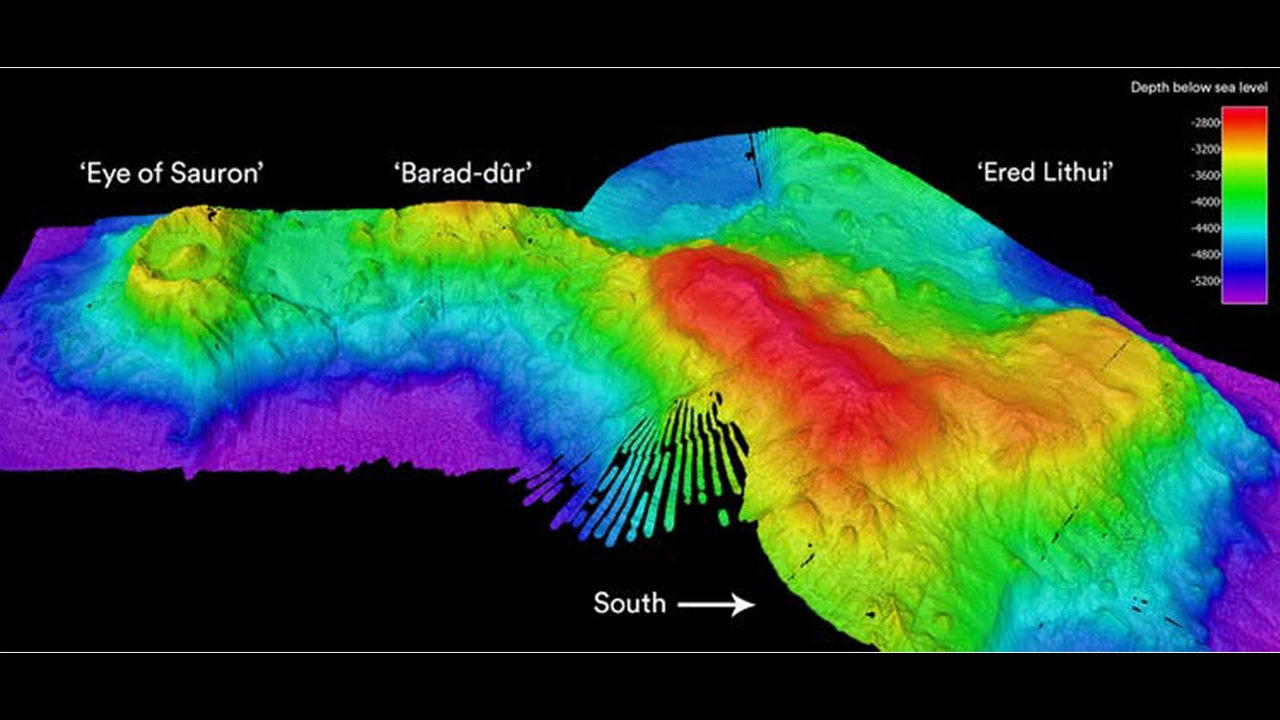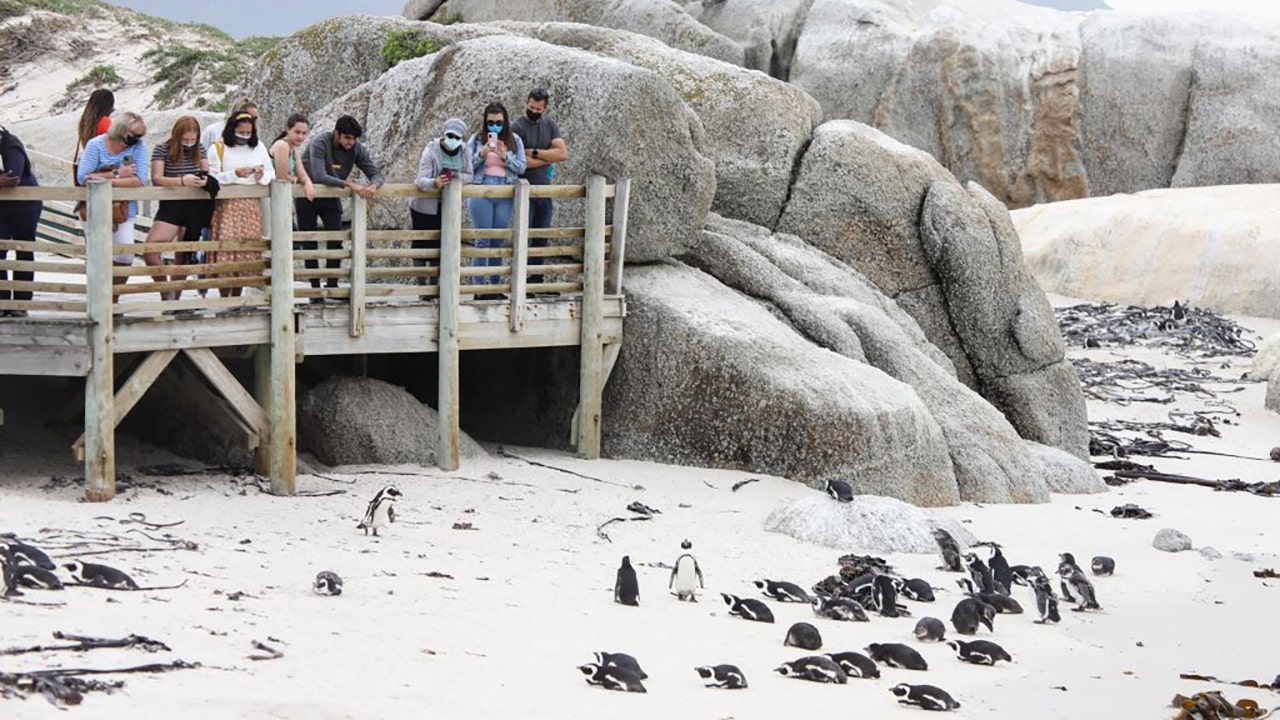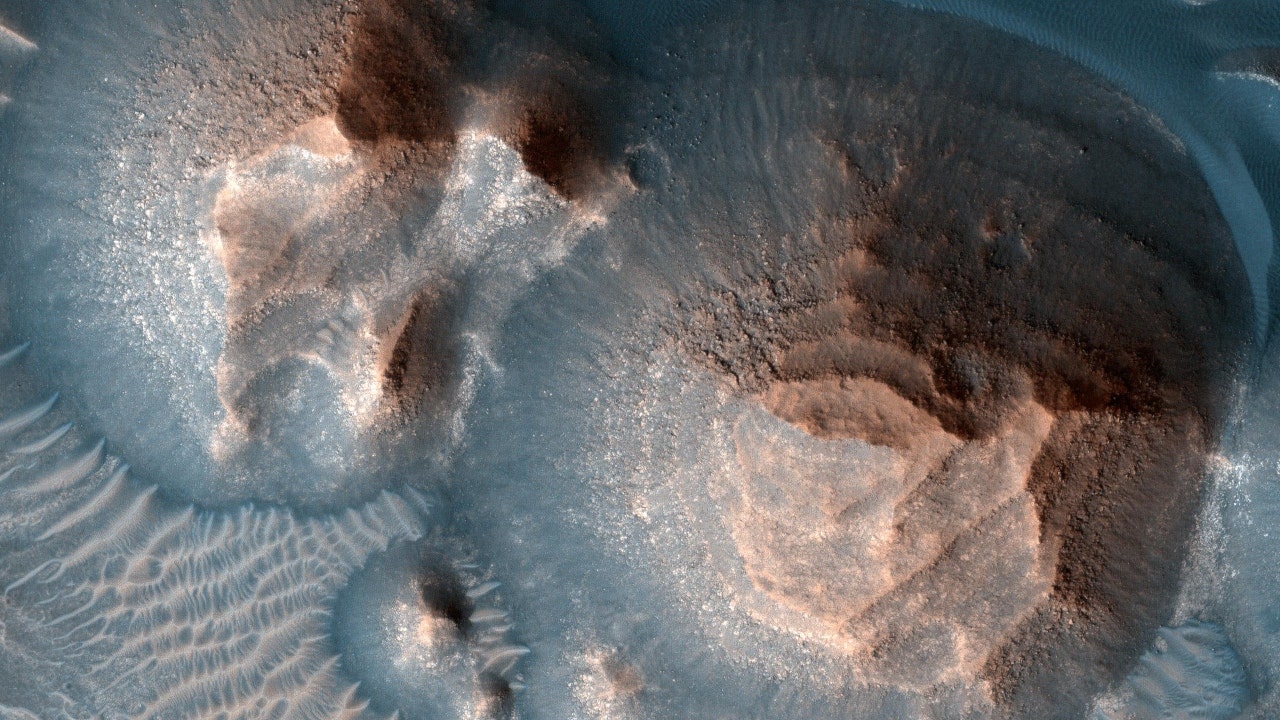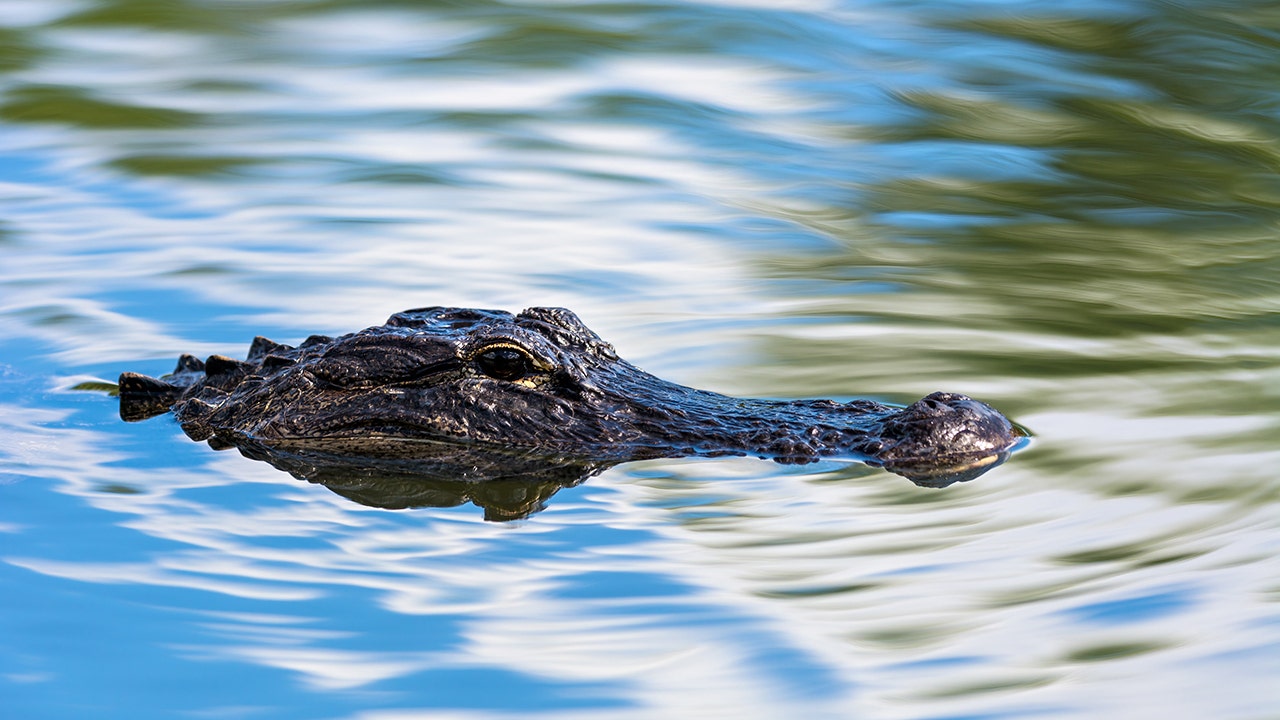Recently-discovered underwater volcano named for this popular franchise

A group of researchers in Australia has uncovered the remnants of an ancient underwater volcano in the Indian Ocean that resembles J.R.R. Tolkien’s “The Lord of the Rings” trilogy’s “Eye of Sauron.”
As described in “The Fellowship of the Ring,” the Eye of Sauron was “lidless” and “wreathed in flame,” and sonar images provided by chief scientist and senior curator at Museums Victoria Tim O’Hara show a familiar outline.
Announcing the find in the publication The Conversation, O’Hara wrote that the volcano was revealed slowly using multibeam sonar at a depth of 3,100 meters beneath Australia’s Commonwealth Scientific and Industrial Research Organisation’s (CSIRO) ocean research vessel RV Investigator around 280 kilometers southeast of Christmas Island and on the 12th day of the team’s voyage to Australian’s Indian Ocean Territories.
“Previously unknown and unimagined, this volcano emerged from our screens as a giant oval-shaped depression called a caldera, 6.2 kilometers by 4.8 kilometers across. It is surrounded by a 300 [meter]-high rim (resembling Sauron’s eyelids), and has a 300 [meter] high cone-shaped peak at its…[center](the “pupil”),” he explained.
According to the U.S. National Park Service, a caldera is formed after a massive volcanic eruption when the pressure inside the volcano is decreased and the “empty system of conduits and shallow reservoirs” are no longer able to support the weight of the mountain above it and the volcano collapses downward.
The agency notes that calderas can be more than 25 kilometers in diameter and several kilometers deep and are often circular in shape.
O’Hara notes that while undersea volcanic eruptions may fly under the radar, a tell-tale sign is the presence of rafts of light pumice stone floating on the surface following the geological event.
VOLCANO ERUPTS IN ICELAND FOR FIRST TIME IN 6,000 YEARS
In addition to the undersea volcano, further three-dimensional mapping discovered two other seafloor structures.
Also named for Tolkein’s fantastical lore, a “flat-topped seamount” and volcanic cone-covered sea mountain were dubbed Barad-dûr and Ered Lithui – both located near the Eye of Sauron in the hellish wasteland of Mordor.
“Although author J.R.R. Tolkein’s knowledge of mountain geology wasn’t perfect, our names are wonderfully appropriate given the jagged nature of the first and the pumice-covered surface of the second,” O’Hara noted.
A sonar image of the “Eye of Sauron” volcano and seamounts “Barad-dûr” and “Ered Lithui”
(Phil Vandenbossche & Nelson Kuna/CSIRO)
All three features are part of a cluster of seamounts that have been previously estimated to be more than 100 million years old and which had formed next to an ancient sea ridge when Australia was positioned closer to Antarctica than Asia.
While Ered Lithui was formed by wave erosion – once protruding above the surface before sinking – O’Hara points out that the caldera appears much fresher than its sand and mud-covered neighbor.
“Instead it is possible that volcanoes have continued to sprout or new ones formed long after the original foundation,” he said. “Our restless Earth is never still.”
CLICK HERE TO GET THE FOX NEWS APP
Next, O’Hara and others from museums, universities, CSIRO and Bush Blitz are preparing to map the surrounding seafloor and adventure to the Cocos (Keeling) Island region.
“No doubt many animals that we find here will be new to science and our first records of their existence will be from this region,” he said. “We expect many more surprising discoveries.”




